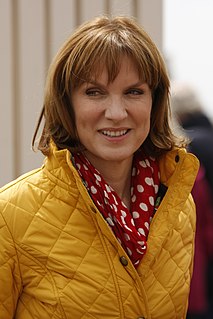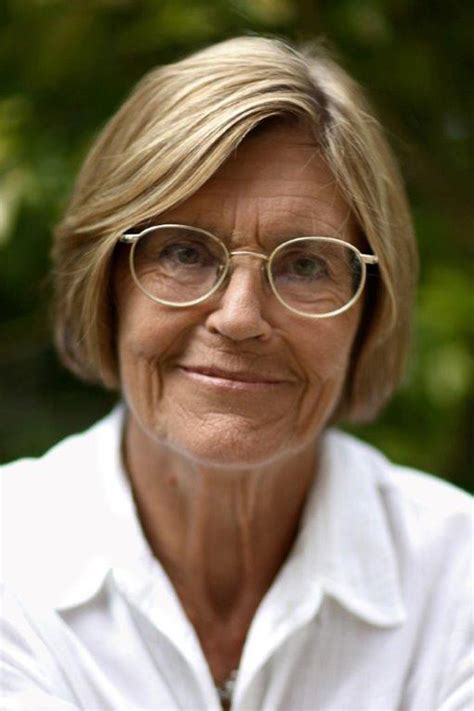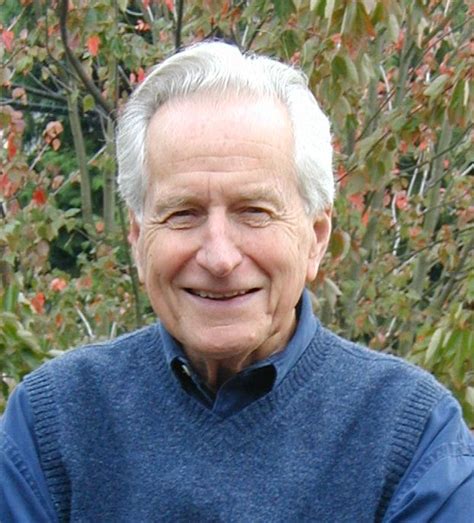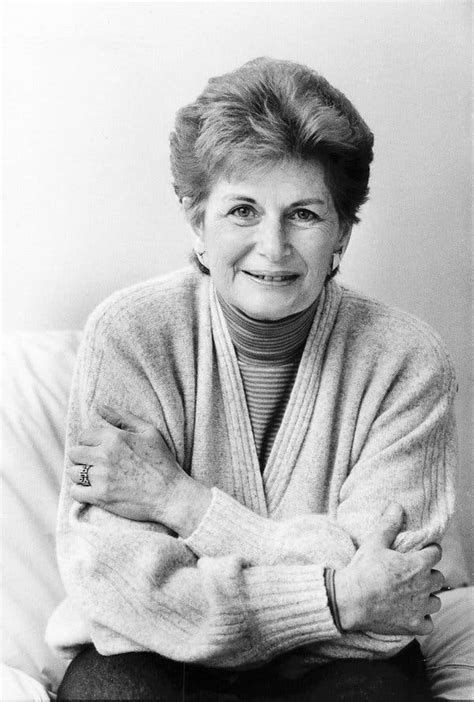A Quote by Fiona Bruce
When both my parents were unwell I was in that situation that will be very familiar to many women. I had young children in one part of the country, and elderly unwell parents in another. I was in a constant state of guilt. Was I there enough for my mother? Was I there enough for my children?
Related Quotes
Women without children are also the best of mothers,often, with the patience,interest, and saving grace that the constant relationship with children cannot always sustain. I come to crave our talk and our daughters gain precious aunts. Women who are not mothering their own children have the clarity and focus to see deeply into the character of children webbed by family. A child is fortuante who feels witnessed as a peron,outside relationships with parents by another adult.
Mothers and fathers act in mostly similar ways toward their young children. Psychologists are still highlighting small differencesrather than the overwhelming similarities in parents' behaviors. I think this is a hangover from the 1950s re-emergence of father as a parent. He has to be special. The best summary of the evidence on mothers and fathers with their babies is that young children of both sexes, in most circumstances, like both parents equally well. Fathers, like mothers, are good parents first and gender representatives second.
The authoritarian child-rearing style so often found in working-class families stems in part from the fact that parents see aroundthem so many young people whose lives are touched by the pain and delinquency that so often accompanies a life of poverty. Therefore, these parents live in fear for their children's future--fear that they'll lose control, that the children will wind up on the streets or, worse yet, in jail.
Are we not witnessing a situation where children are conciously rejecting their parents' value despite love and devotion given to them? The present situation has arisen because parents have failed to transmit a sustaining faith to their children. The basic reason for this failure is that the parents themselves lacked faith. Without faith, their love was an image not a reality, a statement of words not an expression of feelings
I specially want to have young women not to wait as I did until my children were grown, but young women to come in to gain their seniority so they could be respected leaders at a much earlier age. It's important for all women to see young women who share their experience whether it's as a working mom with young children, who understands the struggle and the aspirations of young women in a similar situation. And if they don't have family and they're pursuing their career women should see that as well.
[17th-century] Puritans were the first modern parents. Like many of us, they looked on their treatment of children as a test of their own self-control. Their goal was not to simply to ensure the child's duty to the family, but to help him or her make personal, individual commitments. They were the first authors to state that children must obey God rather than parents, in case of a clear conflict.
What I have most learned from my son is to respect him and to love him unconditionally. I believe that if parents respect their children and educate them with love and justice (and not just with words, but with their own behavior) the relationship with their children will be wonderful. Then parents will always be proud of their children, and children will always be proud of their parents. There will be peace in the family, and the home will be a sanctuary.

































